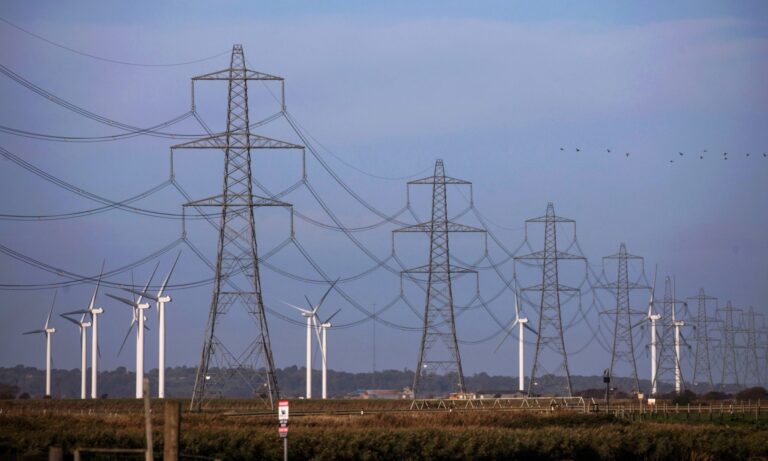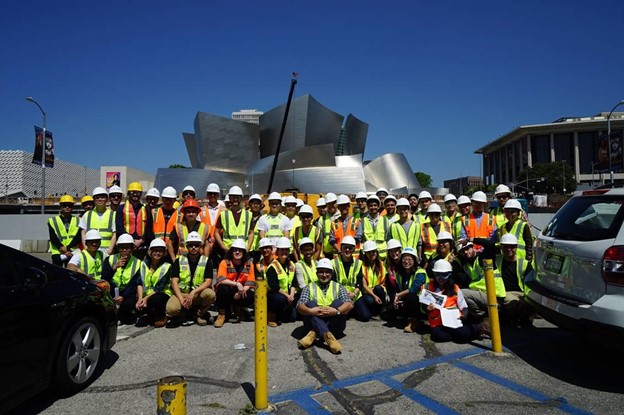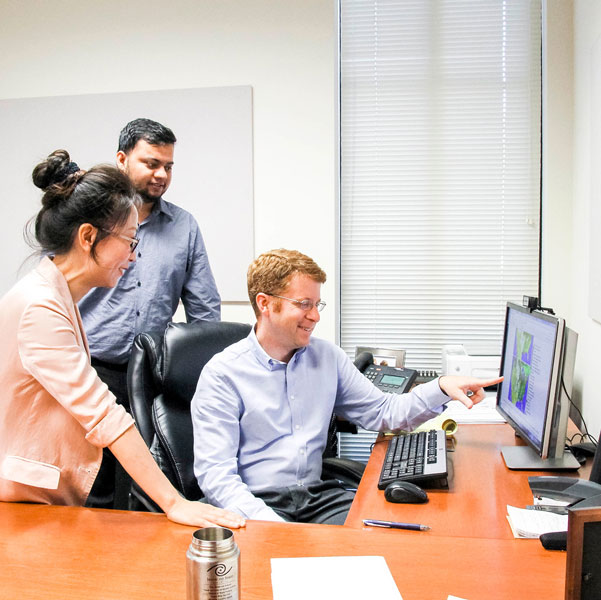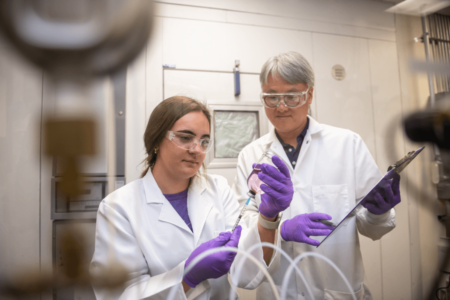
From designing resilient bridges that withstand natural disasters to developing innovative solutions for clean water access in underserved communities, civil and environmental engineers are the architects of a safer, more sustainable future.
Last year alone, the US experienced 28 separate weather and climate disasters, costing at least one billion dollars. This record-breaking figure propelled 2023 into history for having the highest number of billion-dollar disasters ever recorded in a single calendar year. Among these calamities were four flooding incidents, a winter storm, a wildfire outbreak, two tornado outbreaks, 17 instances of severe weather and hailstorms, and a host of other extremes.
This is a trend several pioneering US universities have predicted decades ago. In response, they’ve designed academic programmes that not only equip students with technical proficiency but also instil a deep commitment to addressing some of the world’s most pressing issues. These three stand out among the thousands for their innovative approaches and comprehensive curricula.
Duke University
Creative solutions to global challenges are made daily at Duke University. In 2022, the top-ranking institution formally announced the Duke Climate Commitment, a bold initiative to confront climate change with a dedicated investment of US$36 million in initial funding.
The Pratt School of Engineering’s Department of Civil and Environmental Engineering is meeting the global challenge of the century with the brand new Master of Engineering in Climate and Sustainability Engineering (MEng C&SE). Led by industry veteran Sara Oliver and developed in collaboration with key stakeholders, the programme empowers you to efficiently, effectively and equitably apply a systems engineering approach to design solutions to ultimately mitigate and adapt to climate-induced challenges
As an MEng C&SE student, you’ll cultivate advanced knowledge and skills in energy transition, infrastructure adaptation and mitigation, sustainable materials and sustainable business. As the MEng C&SE covers life cycle assessment, climate finance, social equity, and other topical subjects, you’ll gain a full set of skills to accelerate your career. This level of breadth, made possible by cross-departmental collaborations across Duke, is intended to ensure students gain a comprehensive understanding of the multifaceted challenges posed by climate change and how to engineer solutions for them.
Those with specific career paths in mind are welcome to specialise their experience by choosing electives in areas such as Design Climate, Data Science, Environmental Science and Engineering, Environmental Policy and Economics, Energy, FinTech, Hydrology, and/or Project Development.
Beyond the classroom, you’ll gain invaluable experience implementing designs and participating in internships aligned with your areas of interest. —MEng C&SE students can access career support such as mentoring for internships and jobs, as well as introductions to Duke’s domestic and international professional networks. With such connections and exposure on offer, it’s little wonder why Duke’s Master of Engineering graduates leave with a robust project portfolio, ready to make their mark — nearly nine of 10 recent master’s graduates started work or further education within six months of completing their studies. Apply to the Master of Engineering in Climate and Sustainability Engineering today.

At the University of California, Irvine, there are two options for master’s degrees: a thesis option and a non-thesis option. Source: UC Irvine/Facebook
University of California, Irvine
As a top 10 public university in the US, the University of California (UC), Irvine aims to catalyse the community and enhance lives through rigorous academics, cutting-edge research, and dedicated public service.
Home to the Henry Samueli School of Engineering, it is ranked 21st in US News & World Report’s current listing of best public engineering graduate schools. Its Department of Civil and Environmental Engineering (CEE) has a mission statement that succinctly encompasses its teaching and identity: to provide students with a comprehensive educational programme and to expand engineering knowledge through an active and exciting undergraduate and graduate research programme.
Here, students pursue MS and PhD degrees in civil and environmental engineering. They gain insights from faculty members who are world leaders and boast expertise in research areas such as hydrology and water resources systems, structures, geotechnics and materials, transportation systems, and environmental and energy systems.
Students get to participate in four world-class affiliated centres: the UC Irvine Water-Energy Nexus Centre, the Institute for Transportation Studies, the Centre for Hydrometeorology and Remote Sensing, and the Advanced Power and Energy Programme. The result? Students are exposed to real-world challenges and empowered to become change-makers.

Source: Rice University
Rice University
Rice University’s Department of Civil and Environmental Engineering (CEE) aims to shape the next generation of engineering leaders and address societal challenges through cutting-edge research and innovation. Currently, there are two graduate pathways on offer.
The Master of Science (MS) degree in civil and environmental engineering serves as a gateway for many students pursuing the CEE’s esteemed PhD programme. Meanwhile, the Professional Master of Civil and Environmental Engineering (MCEE) programme was tailored for professionals seeking to broaden their engineering expertise and tackle today’s complex infrastructure and environmental issues head-on. It caters to managers, engineers, and consultants keen on advancing their skills in civil and environmental engineering without the thesis requirement. However, the MCEE is still customisable in every sense of the word, offering two specialised tracks to applicants.
The Civil Engineering track explores the ins and outs of bolstering infrastructure resilience, optimising water and energy utilisation and employing complex system analysis for enhanced risk management. Those more interested in leveraging technological innovations to mitigate environmental impact can opt to pursue the Environmental Engineering track instead.
Offering both full-time and part-time options, both routes capitalise on Houston’s vibrant industrial landscape, offering students great access to industry leaders and potential employers.
*Some of the institutions featured in this article are commercial partners of Study International










